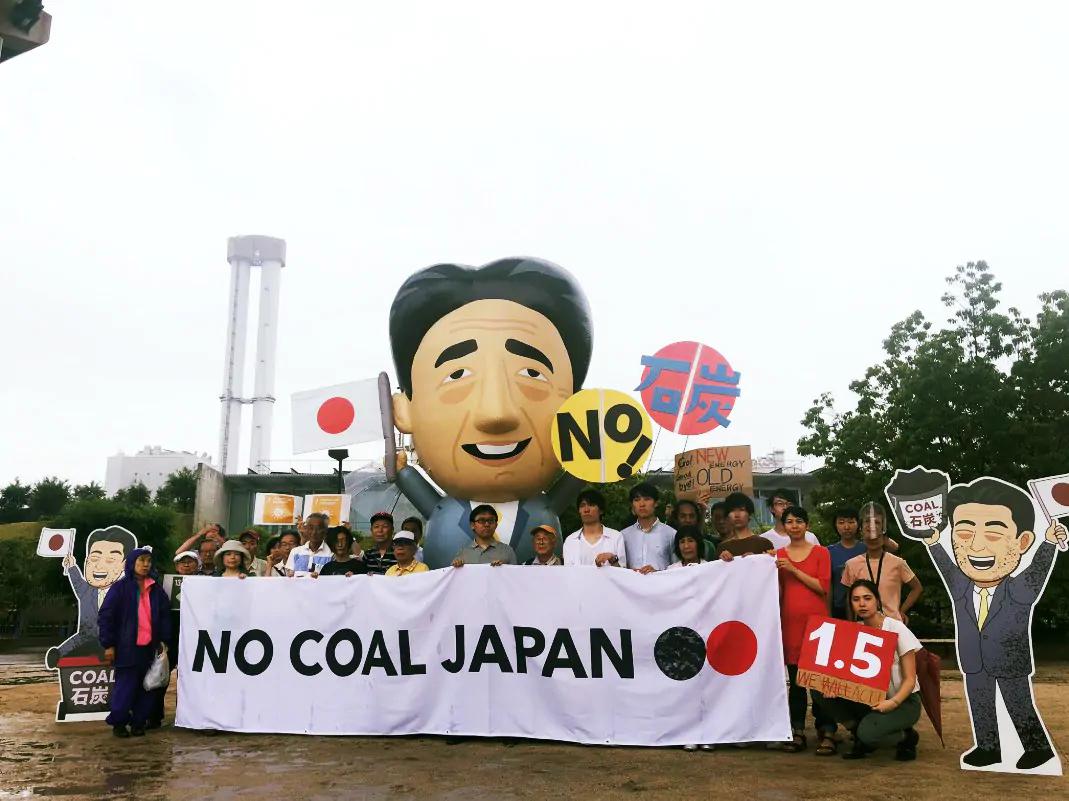Coal is by far the world’s dirtiest fuel, producing more air pollution and global warming gasses than any other fossil fuel.
In 2023 alone, Coal emitted 37.4 billion tons of carbon dioxide, which was equivalent to 65% of all fossil fuel emissions.
Even after being such a hated fuel, for some countries coal can be hard to quit.
But among them one name strikes out.
Japan, the world’s fourth largest economy with a population of 125 million, gets around 31 percent of its electricity to power homes and businesses by burning coal.
Japan was the largest importer of coal in 2023, importing $42.43 billion dollars of coal as it has to import nearly 100% of its coal from other countries because of lack of natural resources at home.
Despite Japan having a good reputation for technology and innovation, its energy mix looks more like those of many middle- and lower-income countries.
So why is Japan struggling to leave coal?
To understand why Japan is so dependent on coal, we have to go back to 2011, when a magnitude 9 earthquake hit Japan which triggered a massive tsunami which struck parts of Japan’s pacific coast.
The tsunami also hit the reactors at the Fukushima Daiichi nuclear power plant that led to the meltdowns and explosions at the plant, releasing dangerous radioactive materials.
The government then had to evacuate 150,000 people from the region. The damage from radiation exposure and from relocating so many people resulted in worsened illnesses from loss of access to health care to mental health problems like post-traumatic stress disorder.
This really hit Japan hard, as nuclear at the time provided one-third of the country’s electricity and they were looking to increase the share of nuclear energy to 53 percent.
This also impacted other countries, Germany for example, at the time was looking to build more nuclear power plants but after the Fukushima disaster, Germany made a U-Turn and decided to end the use of all of its nuclear power plants.
And today, 10 years later, Nuclear’s share of electricity generation in Japan has now fallen to 3 percent, with coal largely filling the void because of its cost-effectiveness and reliability in comparison to other energy sources.
While Japan has been deploying more renewable energy, it was only 24% of the energy mix in 2023 and more than half of its electricity comes from coal and natural gas.
Japan has however pledged to be carbon neutral by 2050 and aims to be 100 percent powered by renewables by 2040.
But this is easier said than done as Japan is a densely populated island country and as a result has only so much land, which will make it difficult to deploy large-scale wind and solar power plants.
This then only leaves nuclear as Japan’s remaining option for carbon-free electricity but the general public at the moment is completely against it, as of today nuclear has a very bad reputation in Japan.
So, with nuclear largely taking the back seat and lack of growth in renewables, the Japanese government is placing their bet on natural gas and coal, over the objections of environmentalists and locals in many of the communities where these new plants are planned.
In 2023, Japan added 2 new coal fired plants in operation and another plant is expected to come online in 2024.
As of today, Japan has 93 coal fired power plants in operation and even though Japan has a target of having renewable energy to account for more than a third of its power generation by 2030 and a goal to achieve carbon neutrality by 2050 but it seems Japan is stuck with coal and other fossil fuels for its energy needs, for the foreseeable future.
In all of this, there is one good news however, Japan’s Prime Minister Fumio Kishida, while speaking at COP28 held in Dubai in December of 2023, pledged to end new construction of unabated coal power plants.
Following which Japanese companies such as Sumitomo Corp. and Toshiba have said they will not support new coal-fired generation, and some Japanese banks also have said they no longer will finance coal projects.
Also Read: How Chaebols Dominate South Korea’s Economy? (Samsung, Hyundai, LG)
